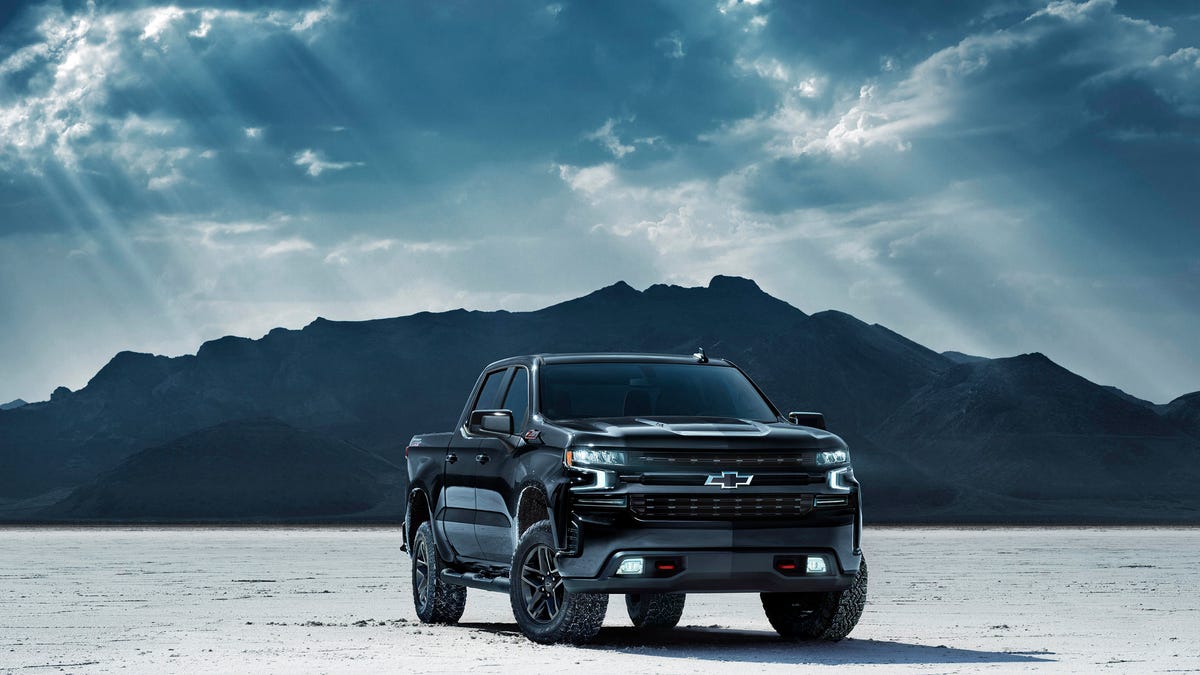Chevy and GMC gasoline-powered pickups close in on an expiration date
General Motors hopes to only build zero-emissions vehicles come 2035, and that means the trucks as we know them will likely soon be gone.
Zero emissions in 14 years? That may sounds like a lifetime away but when it comes to vehicle product cycles, that time flashes before the industry's collective eyes. But General Motors said it "aspires" to eliminate tailpipe emissions from every light-duty vehicle it sells by 2035. That includes the automaker's cash cows: pickup trucks .
GM detailed sweeping plans and goals in a new climate plan on Thursday and included the efforts to only sell zero-emissions vehicles by 2035. During a media call, Dane Parker, GM's chief sustainability officer, affirmed with Roadshow that "light-duty vehicle" categorization also includes light-duty pickup trucks that feature gasoline and diesel engines. So, we're talking about the Chevrolet Silverado 1500, Colorado, GMC Sierra 1500 and Canyon that face radical changes in the years to come.
Even if the pickups receive an extended lease on life, GM and Parker made it clear the automaker's heart and soul are in an EV revolution that will cover every price point and segment. It's certainly plausible the gasoline-powered pickups do extend beyond 2035, but by and large, judging by GM's position and attitude on its aggressive climate goals, this is an expiration date. Perhaps we get a final round of investment into the traditional internal-combustion engine, but beyond that, it's simple to follow GM's money trail; the automaker will spend $27 billion on EV and autonomous vehicle development and 40% of GM's vehicles will be electric in just four years. That's not chump change, nor a sliver of EV options for an automaker to commit to. And we already know the near-future plans include not only the Hummer EV pickup, but an electric Chevy pickup, too.
However, Parker made it clear that along the way, state and federal incentives to purchase electric cars will play "very important roles," especially early on as GM works to educate car buyers on the shift away from engines to batteries and e-motors. He added the automaker is "excited" about working with the Biden administration on a number of climate and EV efforts to spur the industry's shift.
I think it's safe to say the auto industry is changing at an even more rapid pace than imagined even a couple years ago.


